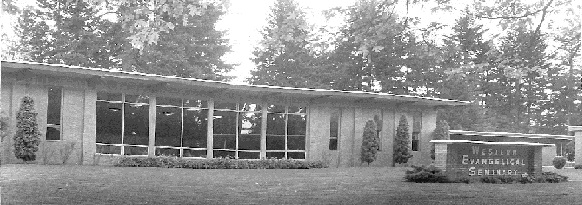Theology of Brotherly Love
Abstract
Is it possible to have an adverse experience with Christianity and emerge being empowered by a new understanding of the gospel? Howard Thurman seems to answer that question in the affirmative. Thurman analyzes comments from Mahatma Gandhi and a barrister from "India" about Christianity under the light of the gospel. This encounter was important. It was the Genesis of Thurman's theology of brotherly love. This paper is an historical analysis of Howard Thurman's struggle to resolve the conflict between the perception that Christianity is a white man's religion and the gospel of Jesus and the disinherited. The writer will discuss Thurman's belief in Christian community and the true Christian message. Additionally, this research examines how Thurman combined his recognition of Jesus being the subject of religious worship, with his view that mysticism was an agent that leads to social change. Finally, we will explore Thurman's emerging theology of brotherly love. We will see that the linchpin behind Thurman's theology is Jesus, the potent and affirming Messiah. Jesus and his examples of how to love the disinherited demonstrate that the love of Christ is the element that will bring about healing, wholeness and unity to Christians and to the world.

